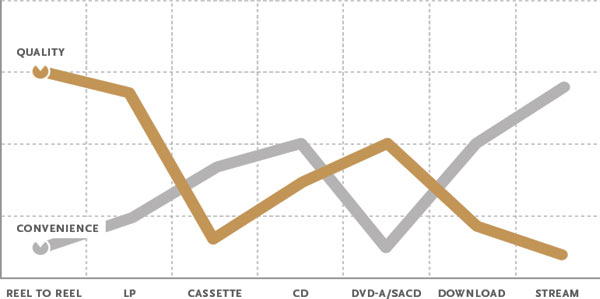I didn't realise there was a campaign against him personally, but if there is I can perhaps understand it.Let me turn around the question: why on earth is the community going after him instead of the countless people selling junk to audiophiles? Why don't they all get together and go after the people behind those products? After all, few if any of them have the credentials and contributions Bob has.
People really have the wrong guy here. Bob knows more about signal processing than all of these people going after him:
View attachment 12350
If these people have something to say that is proper and devoid of emotion, then they should write a paper and submit it to AES.
I will say this direct: this dog don't hunt. They should not go after Bob as an individual. He has more than enough qualifications here.
And his contributions in the case of MQA is significant. It is not easy to build a perceptual codec that is backwards compatible with PCM.
Indeed if people want to beat up MQA, they should build their own version of it. If that solution is open and free, then the market can rally around that and MQA will die assuredly.
He is going against the principles he once stood by. The MQA blurb places LP above all previous digital audio in the quality hierarchy! (and reel-to-reel above everything else). That's pretty breathtaking cynicism.

And his stellar qualifications make it even worse. He should 'know better'. People can easily sense that the 'academic' pretensions of this scheme are not resulting in open information. It smells of shiftiness and chicanery; holding information back (if there is anything there in the first place) or being so vague and cryptic as to be useless, and this can't help but rub off onto Mr. Stuart personally. It would be quite simple for him to give a 'before and after' example and explain everything about it, but I think we know that isn't going to happen - and he is in the frame for that incredible cynicism.